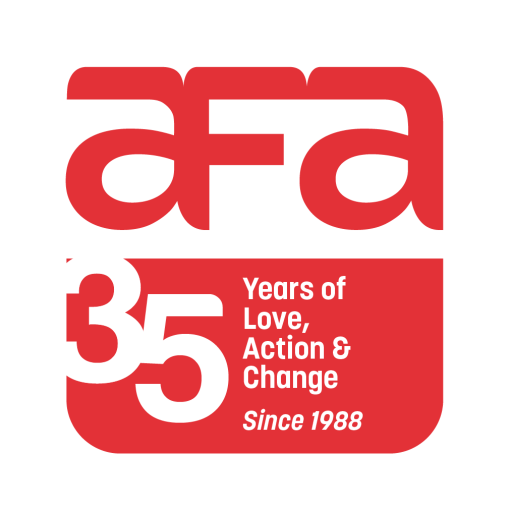Sex Education Specially for Normal Stream-28 Jul 2008

A NEW programme to stop the spread of Aids and other sexually-transmitted infections (STI) among youth here is being drawn up by the authorities — but what is different this time is that the programme is specifically targetted at students in the Normal stream, who have been identified by counsellors working with youth as being at “high risk” of contracting such diseases.
According to details in a recent government tender posted on the GeBIZ website, the class-based component of the programme will be customised to meet the needs of students from the Normal Academic and Normal Technical streams. The change, says the tender, is based on feedback from teachers and students. The new scheme is expected to reach schools in November or December.
The programme will also equip students with the skills to delay engaging in sexual intercourse, as well as issues related to self-esteem, handling peer pressure, teen pregnancy, abortion and contraception. Currently, the Health Promotion Board (HPB) has a general STI/Aids prevention programme for all Secondary 3 students. Observers say this may be the first time that a major health prevention programme here is being targetted based on an education-linked criteria.
Replying to queries, a HPB spokesperson told Today that the health board recognises there is no “one-size-fits-all” approach and this special programme is “part of HPB’s ongoing process toconstantly upgrade and improve programmes targetted at youth.”
Several groups, which work closely with youth, support this pro-active approach. In fact, one group even suggested that the HPB design a similarly targetted prevention programme for younger children, extending to those in primary school.
Ms Hema Gurnani, the programme director at Wings Counselling Centre, which offers medical and psychiatric consultation to youth here, said that the rising number of Singaporean youth contracting HIV show that current prevention programmes clearly “are not as effective as they should have been”.
STIs among teenagers are rising on average by 3 to 5 per cent annually, with more than 800 infected last year, according to the Department of STI Control.
“The high-risk group are the normal students. I can identify that,” said Ms Sheena Jebal, the chief executive and founder of NuLife Care and Counselling, which, according to its website, deals largely with youth-at-risk, school drop outs and “late bloomers”.
Noting that proper guidance is required for these students, Ms Jebal warned that they were often unaware of the consequences of their sexual conduct as they may lack knowledge about these infections.
Hence, the need for a customised programme to ensure different students can relate to the dangers of Aids and STIs, said Ms Theresa Soon, assistant manager at the Action for Aids/DSC Clinic.
“For instance, in a Special Assistance Plan (SAP) school you can be very academic, very technical, but for normal students you should use simpler terms and language,” she said. By customising lessons, instructors can use different approaches, and relevant case studies to engage the students, she added.
While Ms Jebal did not want to generalise or stigmatise, she said that in her experience, Normal stream students are at higher risk because many have low self-esteem so “it is a form of escapism for them when they turn to unprotected sex”.
Ms Jebel noted that Express stream students are also at risk. She suggested customised programmes for these students too.
The AFA/DSC Clinic has seen an increase in youth — across all levels — seeking help, from 775 in 2006 to 820 last year. One factor that some counsellors say has increased the vulnerability of some youth to STIs or Aids is family background, said Ms Soon, citing as an example those students parents are often busy at work or do not speak to their children on these “taboo” topics.
However, beyond customising classbased lessons, Ms Jebal also feels that form teachers or school counsellors zero in on students most likely to be engaging in sex and pay greater attention to them as a mass programme does “not have much impact”.
Ms Gurnani from Wings Counselling Centre, one of the first organisations to start a sexuality programme in the primary schools, also suggested that the HPB look at a separate preventive programme for these younger students.
“It is a concern that younger children below 12 are involved in sex and parents are ignorant of the reality,” she said.
Action for AIDS Singapore maintains all rights to these contents
If you see something that should not be here and would like us to remove or update, drop us a mail with the link or title of the content.
MEDIA: Please contact us for permission to use these contents.






